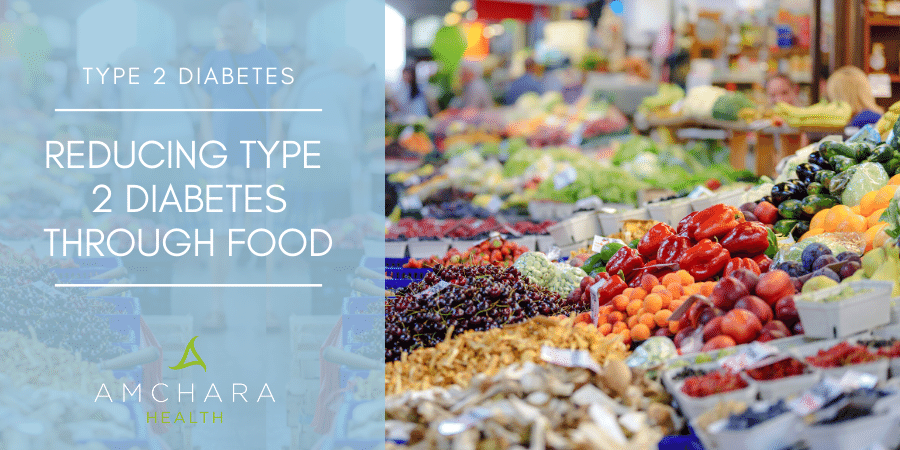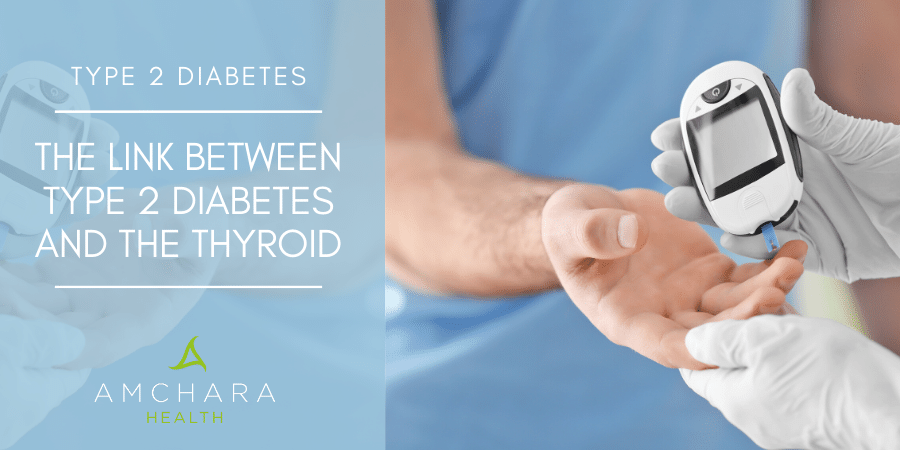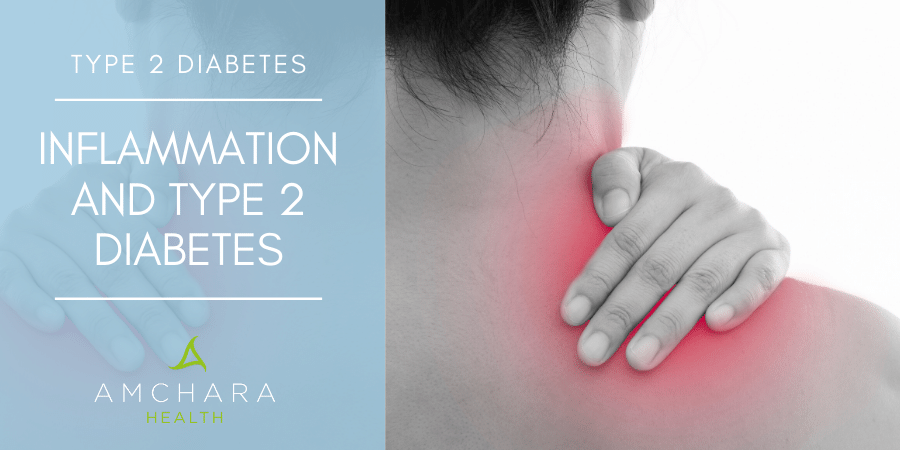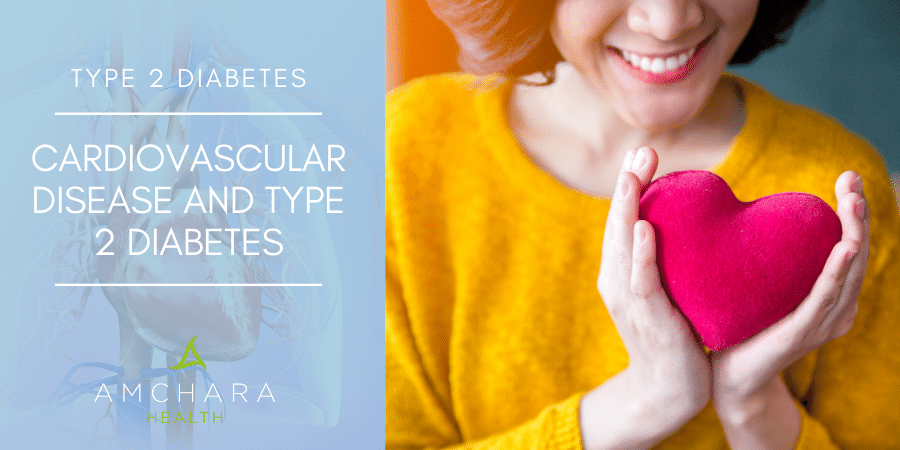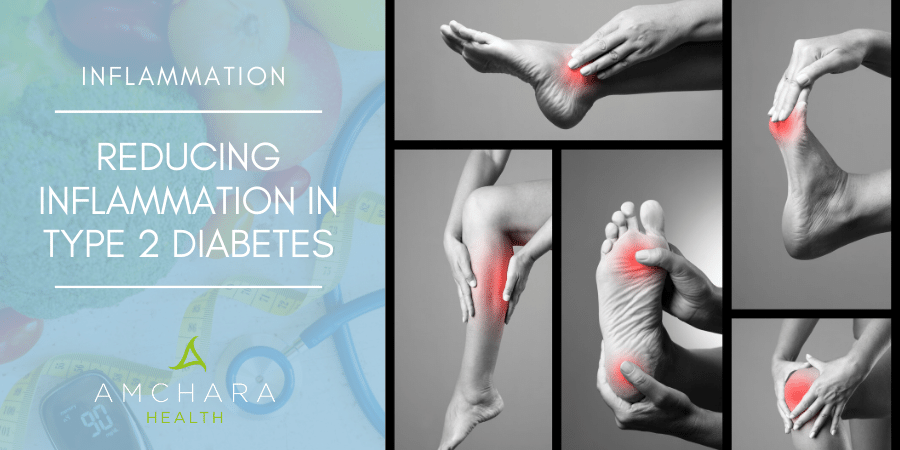Your blood sugar levels are heavily influenced by the food you eat. The rise in Type 2 diabetes has led to much debate on which foods should be eaten, and which should be avoided, both to reduce the risk of Type 2 diabetes, and for management of this condition.
In this article we take a look at the evidence behind some foods that may cut the risk of developing Type 2 diabetes.
The impact of food on blood sugar
Type 2 diabetes involves poor blood sugar control and insulin resistance. Insulin is a hormone responsible for moving glucose out of blood and into cells, to be used for energy or into storage sites for later use. Foods such as simple sugars and refined carbohydrates create a spike in blood sugar, which also causes a spike in insulin secretion from the pancreas.
Protein rich foods have a small influence on insulin secretion, while fat containing foods have virtually no effect on insulin secretion. The type of foods you eat can have a significant effect on blood sugar and insulin – a diet high in sweet, refined foods can cause a blood sugar rollercoaster.
Insulin sensitivity is vital for insulin to do its job properly; if body cells fail to ‘listen’ to insulin, as in insulin resistance, then blood glucose remains high and insulin secretion can be further stimulated. After a period of time, the pancreas is unable to maintain such a high secretion of insulin and gradually fails to produce any, which can lead to insulin dependent Type 1 diabetes.
Food choices not only impact the secretion of insulin, evidence also shows certain foods can reduce insulin resistance, by increasing body cells sensitivity to its actions.
Specific foods to reduce the risk of Type 2 diabetes:
Protein
Protein rich foods are harder to digest and therefore it takes your body longer to digest them, resulting in a slower release of energy. Combining a protein rich food with a carbohydrate can slow the release of glucose into the blood, compared to eating a carbohydrate alone.
Studies show eating a good protein rich breakfast gives better blood sugar balance that continues until after lunchtime (1).
Research has also indicated the type of protein source may be important, and several studies have shown that a higher intake of protein from animal sources, such as red meat, may slightly increase the risk of developing Type 2 diabetes, whereas a good intake of vegetable-based protein moderately reduces the risk. Good sources of vegetable protein include soy beans, tofu, tempeh, lentils, peas and beans.
- Oily fish
Oily fish are good protein sources and are rich in omega-3 fatty acids – pre-cursors to natural anti-inflammatory molecules and aiding in insulin sensitivity, they may be useful in reducing the risk of developing Type 2 diabetes (3).
Salmon, mackerel, herring, trout, tuna, sardines and pilchards are all good omega-3 rich protein sources. Eating 2-3 portions of a variety of oily fish per week may be beneficial.
Walnuts, flax, hemp and chia seeds are all good vegetarian and vegan sources of omega-3 and the oils of these nuts and seeds contain higher quantities of omega-3 compared to the whole nut or seed – use these oils in salad dressings or added to smoothies, yoghurts or drizzled over food.
- Eggs
Although technically classed as an animal protein source, eggs are a very digestible and high quality protein source, and been the subject of much debate when it comes to their effects on blood sugar and influence on Type 2 diabetes risk.
A meta-analysis covering several studies on egg intake and Type 2 diabetes risk showed mixed results, with US based studies on participants eating 3 or more eggs a week showing an increased risk, but studies conducted outside of the US showing no risk (4). These results raise the question of how the food source for the hens may impact the nutrient balance within eggs, and if this may influence the risk of developing diabetes.
Other studies indicate eating four eggs a week or more gives better glucose control (5), and eating one large egg a day may reduce the risk of Type 2 diabetes without negatively influencing cholesterol (6).
Fibre
Although fibre is a type of carbohydrate, fibre rich foods are indigestible and have no impact on blood sugar. Fibre is vital for ensuring healthy bowel functioning, elimination and for the health of the microbiome, the complex eco-system that resides in your gut. Fibre rich foods include whole grains, beans, lentils, nuts, seeds, fruits and vegetables.
Fibre is known to have a positive effect on blood sugar control and lentils, beans and almonds have been shown to benefit blood sugar balance (7,8). A good intake of whole grains and high fibre cereal diets also reduces the risk of developing Type 2 diabetes (9,10).
Fibre is used as a food source for the bacteria normally present in the gut and is broken down into molecules called short-chain fatty acids (SCFAs), which exert numerous health benefits, including improving blood sugar control (11).
Fruits and vegetables
A higher intake of fruits and vegetables is known to bring many health benefits, not least because of the rich variety of nutrients they contain. When it comes to reducing the risk of Type 2 diabetes, several types of fruit and vegetables are particularly useful.
- Dark green leafy vegetables
A higher intake of dark green leafy vegetables like kale, cabbage, spinach, bok choy, Swiss chard, collard greens, watercress and rocket is known to reduce the risk of Type 2 diabetes. This may be because they are rich sources of the mineral magnesium, known to play a role in insulin and blood glucose regulation. Lower intakes of magnesium are linked to the development of Type 2 diabetes.
- Yellow and orange vegetables
Squash, pumpkin, yellow peppers, apricots, citrus fruits, carrots, sweet potatoes and yellow melons are rich sources of nutrients called carotenoids. Studies show an increased intake of vegetables containing the carotenoids β-cryptoxanthin, lutein, and zeaxanthin reduces the risk of Type 2 diabetes. Some of these carotenoids are also found in dark green leafy vegetables.
- Cruciferous vegetables
Several studies have shown a higher intake of cruciferous vegetables such as cabbage, cauliflower, broccoli, Brussels sprouts and kale is linked to a lower incidence of Type 2 diabetes.
- Dark berries
A higher intake of dark berries, such as cherries, blackberries, blackcurrants, blueberries, strawberries and raspberries, has been shown to significantly reduce the risk of developing Type 2 diabetes. These berries are rich in plant compounds, called polyphenols, that may help the body be more sensitive to insulin.
Dairy
Dairy products like yoghurt, milk and cheese have been found to have varying effects on the risk of Type 2 diabetes and overall give a moderate reduction in risk. Dairy intake amongst the Asian population seems to give a stronger reduction in risk, compared to non-Asian people. The inclusion of dairy products like yoghurt, cheese and kefir is known to have the most positive effect.
There could be many reasons why dairy may have a positive effect on risk; some mechanisms proposed include the presence of certain amino acids that lead to an increase in lean muscle mass versus fat accumulation, and specific fatty acid balance.
Fermented foods
Fermented foods are a rich source of beneficial bacteria and there is a known association between imbalances in gut bacteria (the microbiome), obesity and Type 2 diabetes. Research shows Korean fermented soybean foods such as doenjang, kochujang, and chungkookjang have anti-diabetic effects.
These may not be so easy to access but foods such as tempeh, miso, sauerkraut, kefir, kimchi and kombucha are readily available.
Cinnamon
Cinnamon is rich in a variety of compounds and has been shown to help with blood sugar regulation and improving insulin sensitivity. Around 1-6 grams a day, about a teaspoon, can be added to breakfasts or smoothies. Use Ceylon cinnamon rather than the more common Cassia version as it is lower in coumarin, which over the long term may be toxic to the liver and kidneys.
Takeaway
The development of Type 2 diabetes involves many factors and evidence is showing that food choices may impact blood sugar regulation in several ways. Making nutritional alterations may significantly reduce your risk of developing Type 2 diabetes.
Each and every one of us is unique and the response to nutritional alterations can vary. A one to one consultation with an Amchara Personalised Health practitioner can help you understand which foods will specifically support your health goals.
We’re dedicated to providing you with both insightful information and evidence-based content.
Did you find this article useful? We’d love to hear your thoughts, get in touch!
Read this next:
